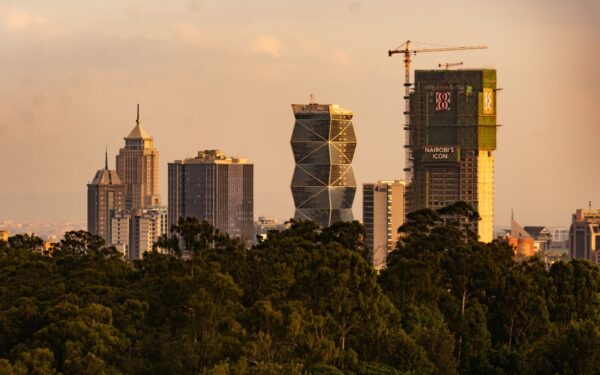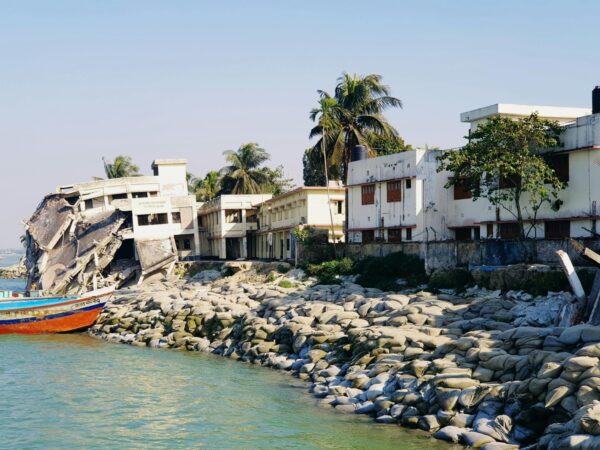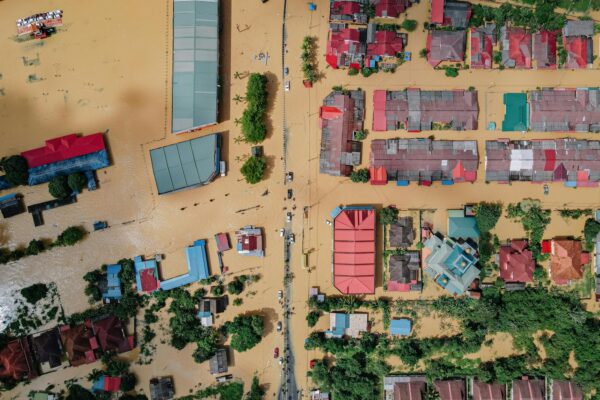Debt-for-climate swaps for small islands
Authors

Small island developing states are currently faced with two significant challenges that are more onerous due to limited financial resources: adapting to increasing climate change risk and recovering from the pandemic. Debt-for-climate swaps provide an avenue for SIDS to address these challenges.
High climate change risks experienced by many small island developing states (SIDS) are caused in part by high exposure to an array of climate hazards but are also affected by socio-economic characteristics that drive vulnerability, in particular, high levels of debt that are pronounced in island nations.
For instance, Caribbean SIDS are already suffering high levels of debt. Combined with their largely tourism-dependent economies, the impacts of the COVID-19 pandemic and climate change threats are particularly challenging to address.
Structural characteristics — including limited economies of scale, trade policies that are insensitive to small export capacities and an over-reliance on imported goods and tourism — have contributed to these nations being among the most indebted countries globally (two of the ten most indebted countries in the world (in percentage of GDP) are in the Caribbean).
Servicing debt requires ongoing payments, which reduces the national budgets available for sustainable development, climate change adaptation and disaster risk reduction, which thereby increases vulnerability to climate change. In 2015, the Caribbean region’s total debt service payments represented on average over 20% of total government revenue.











